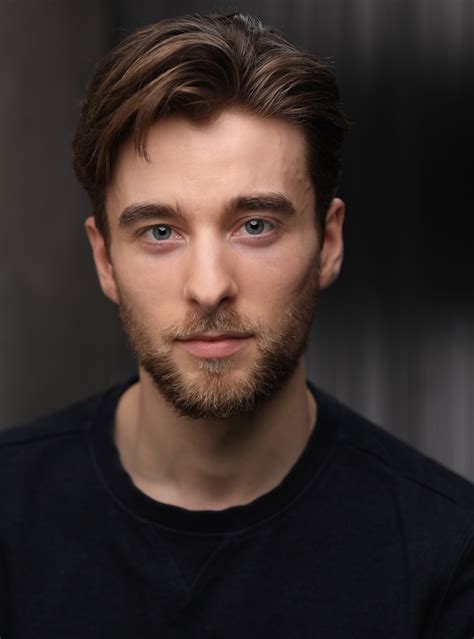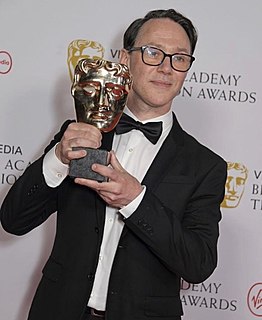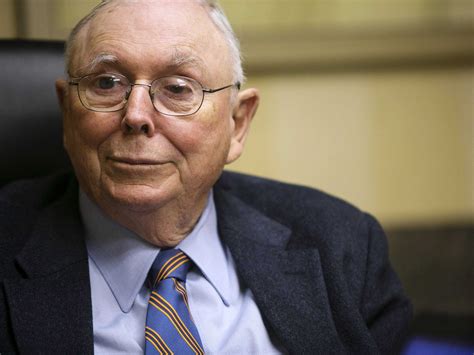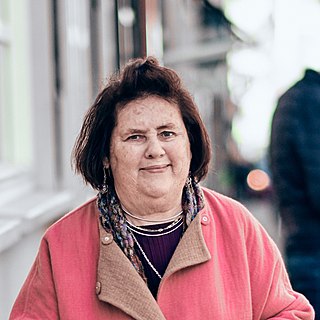A Quote by Truman Capote
I got this idea of doing a really serious big work-it would be precisely like a novel, with a single difference: Every word of it would be true from beginning to end.
Related Quotes
Obviously, psychologically, it would make all the difference in the world. But I think it would also make a big difference financially. If people understood, that, "Y'know, having all those things, that I was told I was supposed to have, to be successful, really is not a measure of success, and I can't have them anyway -" Yeah, that would make a big difference. It would've made a big difference, I think, in my life.
I would argue, for perspective's sake, that the arc of a really literary work is precisely that it both intensely reflects, and simultaneously transcends the conditions of its making. I would say that is the difference between literature and other kinds of writing. That is what the literary is - it ultimately doesn't matter what his circumstances were. And the thing that you were just saying about being sympathetic to Brontë and the fact that she could only write what she wrote when she wrote it... that's true. But look at that novel, which means so much to so many people.
I don’t feel that it is necessary to know exactly what I am. The main interest in life and work is to become someone else that you were not in the beginning. If you knew when you began a book what you would say at the end, do you think that you would have the courage to write it? What is true for writing and for love relationships is true also for life. The game is worthwhile insofar as we don’t know what will be the end.
It was true what Jim said, this wasn’t the end but the beginning. But the wars would end one day and Jim would come then, to the island they would share. One day surely the wars would end, and Jim would come home, if only to lie broken in MacMurrough’s arms, he would come to his island home. And MacMurrough would have it built for him, brick by brick, washed by the rain and the reckless sea. In the living stream they’d swim a season. For maybe it was true that no man is an island: but he believed that two very well might be.
In the early days of the Internet, the word "navigation" had this ingrained in it. There really was a sensation of the cyber-flâneur, as you really would have no idea where you would end up. You would end up on pages that had nothing to do with what you wanted, experiences that were totally unanticipated. You had to connect the dots, connect the parcels of your experience. It was totally open to randomness.
It's such hard work doing a musical. I did my first musical last year, performing in The Producers, and it was a big part to suddenly be doing Leo Bloom in that. It's such hard work. It's a proper slog. It became like clocking in. And it's a big factory - you go in, everyone's got their little plot, people are taking in and out of it if they have days off or holidays, and it's just a jigsaw that all works. It always amazes me that this product would happen every night and it was just all these elements coming together in a big machine.
I had to leave some traces. In the beginning, I would give complete instructions to the photographer. In the '70s, people would come to photograph your work and you would just end up with this crazy material that had nothing to do with your work; maybe I'd pick up two or three photographs that were the closest to the idea. This is why when you look at the '70s, you see much less documentation and really bad material. The material will become misleading to what the piece was.
Now take a human body. Why wouldn't you like to see a human body with a curling tail with a crest of ostrich feathers at the end? And with ears shaped like acanthus leaves? It would be ornamental, you know, instead of the stark, bare ugliness we have now. Well, why don't you like the idea? Because it would be useless and pointless. Because the beauty of the human body is that is hasn't a single muscle which doesn't serve its purpose; that there's not a line wasted; that every detail of it fits one idea, the idea of a man and the life of a man.
I do think some games are works of art, although their medium is visual rather than verbal. Both games and novels allow the reader/player to become a protagonist in the theater of the imagination. Both build worlds. In my opinion, the big difference between game and novel is in narrative structure. Communal role-playing games are open-plan without an end. A novel - at least the kind I write - has a closed structure with a beginning, a middle, and an end. I like that closed structure, and I feel I can say more with it.
a novel is not born of a single idea. The stories I've tried to write from one idea, no matter how terrific an idea, have sputtered out and died by chapter three. For me, novels have invariably come from a complex of ideas that in the beginning seemed to bear no relation to each other, but in the unconscious began mysteriously to merge and grow. Ideas for a novel are like the strong guy lines of a spider web. Without them the silken web cannot be spun.







































